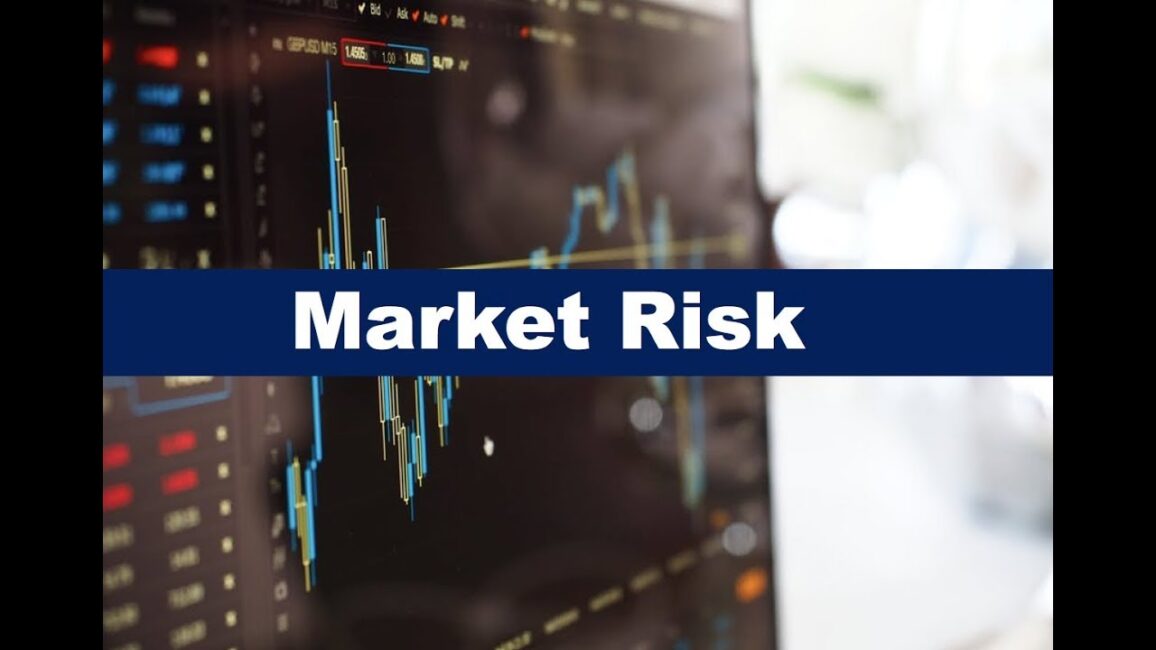Every decision taken by man is subject to one risk or the other. However, risks vary from individual to individual and from organization to organization. Marketing has to do with the needs of consumers and the satisfaction of wants.
While carrying out these tasks, several risks would have to be grappled with. Some of these risks are insurable, while some are not insurable. This unit examines some marketing risks that a businessman should bear in mind, while in business.
Risks
Risks pervade all human activities. Risks are taken in business because of the uncertainties in the market. Uncertainty may arise due to a lack of information. When there is little or no information about an event, the risk of taking an action is at its greatest point.
As information is readily made available on events, then, decisions can be taken. For instance, businessmen store goods in anticipation of future rises in price. Thus, accurate data is imperative for one to achieve business objectives.
Therefore, marketing risks are those risks associated with buying and selling goods, and rendering services.
Read Also: Characteristics of Services
Marketing Risks
In the process of buying goods and rendering commercial services, some risks have to be contended with. Some of these risks are as follows:
- Damage to goods while in transit
- Deterioration and un-saleable goods may be stolen
- Changes in price
- Obsolete goods
- Bad and doubtful debts, etc.
Classifications of Marketing Risks

Marketing risks can be classified into two, namely, uninsurable and insurable.
A. Uninsurable Marketing Risks
Some of these include the following:
1) The possibility that the goods cannot be sold at a profit- Thousands of businesses fail yearly with resultant losses to the owners and as well as to creditors. The possibility that a sale will end up in losses is a characteristic of a competitive economy. Business losses are extremely difficult to insure.
2) External Risks- Most of the uninsurable risks are external, rather than internal. These include- among others, changes in technology, changes in distribution methods, fluctuations in prices, and changes in laws and policies.
3) Internal Risks- Some internal risks that are not insurable include-
i) Physical destruction or deterioration of inventories; this may be due to natural disasters, such as floods, wind, and drought.
ii) Theft, fraud, and pilferage of stock- These risks are extremely difficult to insure; this is because it is difficult to get accurate data about such risks.
Read Also: Methods of Handling Marketing Risks
iv) Credit extension periods result from the inability of debtors to pay back the goods purchased on credits.
B. Insurable Marketing Risks
In marketing, some of the risks that are usually accepted to be insured by insurance companies are as follows:
1) Fire insurance- Almost all types of buildings, houses, warehouses, and factories can be insured against the loss from fire. The contents of the building can be insured against fire disasters. The premium paid depends on the type of building, the content, and the location.
2) Motor Vehicle Insurance- This is a well-known insurance policy in Nigeria. The coverage includes theft, liabilities, third party, damages, and fire. Comprehensive insurance is taken to cover all damages to the vehicle.
3) Burglary, Robbery, and Theft Insurance– Most businesses and individuals undertake insurance coverage against these forms of risks. Burglary involves unlawful and forceful removal of property from business premises; robbery is the forceful taking of property from another person; while theft is any act of stealing which may be through burglary or robbery.
4) Marine Insurance- This is the type of insurance taken to cover transportation by water; marine insurance covers all perils of shipments on the high seas. The insurance covers all degrees of loss from damages to the vessel and its contents, etc.
5) Life Insurance- The main form of life assurance in Nigeria is retirement and pension plans. This is to enable the company to provide income to workers after retiring from work.
Read Also: Life Insurance Complete Guide
